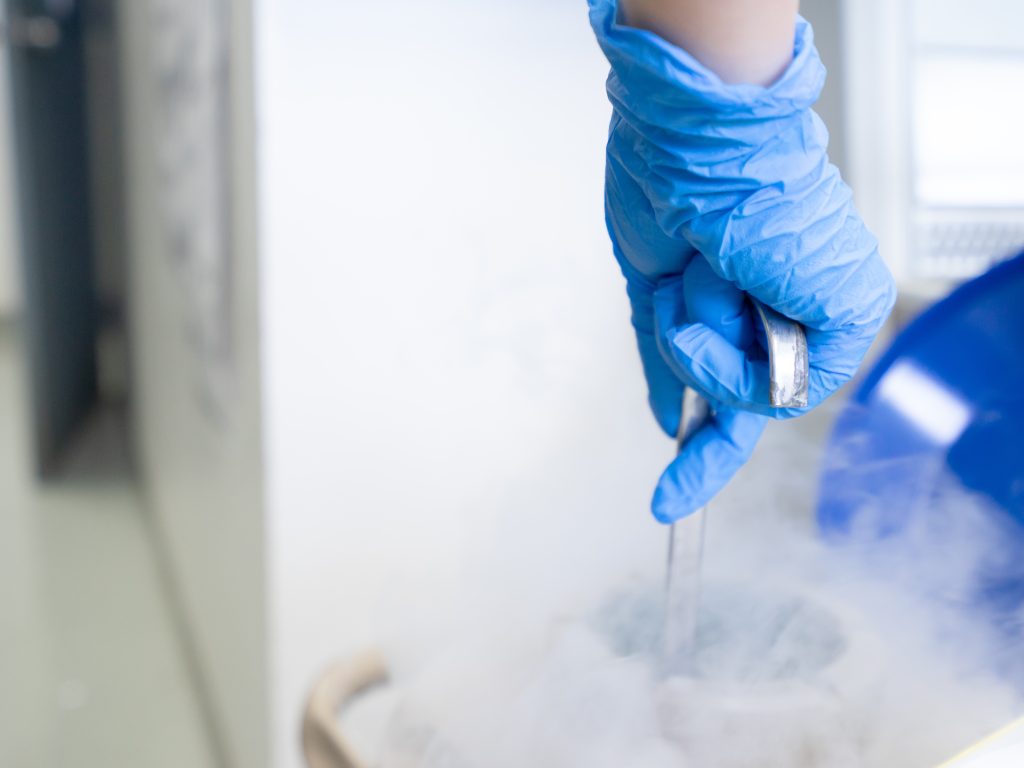Fertility for women concerns ovulation and ovarian reserve (the number of eggs a woman has). As it diminishes with age, so do the chances of conception. Egg Freezing is a method of preserving fertility which women can use to have children at a later date. It involves collecting eggs from the ovaries and freezing them whilst they are of a higher quality. They are then stored and kept for future fertility treatments. As it is fairly new, there are many questions women have in relation to the procedure. Below are some common concerns we’ve addressed below to help you in making an informed decision.
When Is the Best Time?
The most common question women have in relation to egg freezing concerns when to have the procedure and its effectiveness. Fertility really starts to decline in your 30’s, and more drastically after 40. The late 20’s is therefore a good time to start freezing your eggs, but there is no rule.
Can I Freeze My Eggs After 35?
It is certainly possible to have success from egg freezing beyond the age of 35, but quality deteriorates with age and pregnancy rates from eggs collected after 35 are lower.
How Is the Procedure Performed?
Egg freezing involves initial screening via blood tests to determine whether you have any infections such as hepatitis, syphilis, and HIV/AIDS. Injections are then taken to stimulate the ovaries and produce multiple mature eggs. They are then collected using a needle and an ultrasound probe to guide the process. This takes place under sedation in an operating theatre within around 15-20 minutes and then they are frozen.
How Can Frozen Eggs Be Used?
When you’re ready to start a family, you can thaw your eggs and use them in a fertility treatment known as ICSI (Intracytoplasmic sperm injection). As freezing can make the outer coat of the egg tougher, usual IVF where the egg and sperm are mixed and left to fuse by themselves in a petri dish may not work. Instead, they must be prepared separately and fused using a needle through ICSI.
How Many Eggs Are Collected?
For women under 38 years of age, around 7-14 eggs are collected. However, this will vary depending on ovarian reserve.
How Long Can Eggs Be Stored?
Rules surrounding how long eggs can be stored changed as of 1st July 2022. Eggs can now be stored for a maximum of 55 years, compared to 10 years for normal circumstances previously.
How Successful Is the Procedure?
As it’s a relatively new method of preserving fertility, success is difficult to predict. Success rates are higher however for women who undergo egg freezing before turning 35. There are various other factors that can determine whether a procedure is successful and is something to be discussed with your doctor.
To enquire about egg freezing and learn about your chances with egg freezing, book an appointment with one of our specialists.

